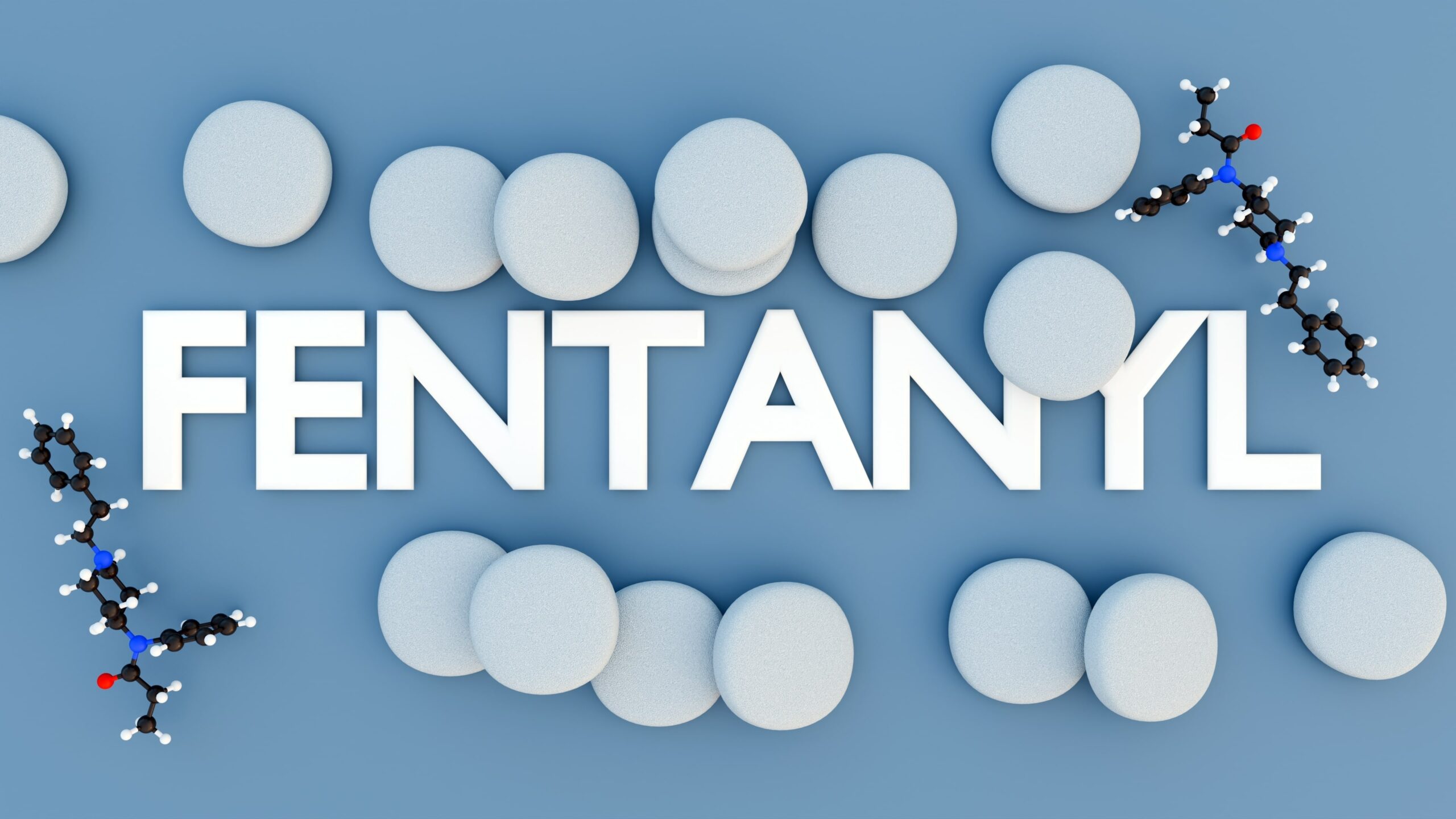The Utah criminal justice process can be broken down into a three-part process: pre-trial, trial, and post-trial. This process may seem confusing to those unfamiliar with the criminal law system, but an experienced attorney can guide you through the process.
Salt Lake County Criminal Defense Lawyer
At Susanne Gustin, Attorney at Law, Susanne Gustin takes her time to explain the criminal justice process to her clients. She will answer your questions and try to dispel some of the uncertainty you may experience.
If you have criminal charges and have questions about the process, call Susanne Gustin, Attorney at Law at 801-243-2814. She can review your case, answer questions, and discuss possible defense strategies in your case.
Utah Criminal Justice Process Information Center
- What to Expect Before Trial
- What Happens at Trial
- Life After the Trial
- Utah Criminal Justice Process Resources
What to expect before trial
Though every case has different facts and legal issues, the criminal justice process typically follows the same format:
Investigation- The police will gather facts related to the case to determine if probable cause exists to make an arrest. This can happen in just a few minutes (if an officer smells marijuana during a traffic stop), or the investigation can take weeks or months (as generally occurs in a child sex case).
Arrest– The police can make an arrest without a warrant if the crime occurs in their presence or if they have reason to believe that a crime was committed. Alternatively, a court may issue a warrant an arrest, giving the police the power to apprehend an individual. Once in police custody, officers must inform the detainee of his or her Miranda rights before questioning.
Initial Appearance– In the early stages of a felony case, a defendant will be informed of any charges and may be advised of his or her rights. A preliminary hearing date is set though the defendant may choose to waive it.
Preliminary Hearings- This hearing will determine whether there is probable cause to show a crime took place, and to show that the defendant was the actor.
If after listening to witness testimony and evidence, the judge finds probable cause, the defendant must go to trial. If no probable cause is found, the case is dismissed, or charges may be amended.
Arraignment- The defendant will hear the information against him and enter a plea. If a guilty plea is entered, the defendant will be scheduled for sentencing. If a not guilty plea is entered, a pretrial conference and trial date are scheduled.
Some additional pleas include no contest and the Alford plea. Both of which offer a defendant the advantages of a guilty plea, without an admission of guilt.
Pre-Trial Motions- A motion—a formal request for a judge to issue an order—may be filed any number of times before a trial commences. All motions (e.g. to suppress evidence and discovery requests) must be entered in writing at least five days before trial.
Pre-Trial Conference– This conference allows a prosecutor and defense attorney to negotiate a settlement which the judge may then approve or disapprove. This pre-trial negotiation is at the prosecution and defense’s discretion.
Plea Bargaining– This is when both the prosecution and defense agree on the overall nature of the case. Before sentencing, opposing sides must get the judge’s approval of the disposition, and the defendant’s approval of the plea bargain.
What Happens at Trial
The trial’s format will depend largely on whether the case is civil or criminal and whether a jury is present; however, most trials have a similar structure.
Selecting the Jury- During the process of jury selection “voir dire” jurors are selected based on their responses to questions regarding their beliefs and backgrounds. Jurors may be excused for cause so long as reasons are not racially motivated.
Trial- At this point, the prosecution and defense attorneys both present their arguments on which the jury or judge will deliberate.
Life after the Trial
In criminal cases, after the judge or jury has entered a verdict on the defendant’s behalf, he or she will be sentenced in a maximum of 45 days after conviction. The defendant has the option to waive the 45 day period as well.
If the jury does not reach a unanimous verdict, the judge will declare a mistrial due to a hung jury. The defendant will then be ordered a new trial.
In civil cases, judgment will be given after the verdict or after deciding the facts in a bench trial. Typically, the winner will receive damages or injunctive relief.
Utah Criminal Justice Process Resources
Community Resources for Justice– Organization providing information on Utah’s recent criminal justice reformation.
Utah Courts– State sanctioned website listing rules of criminal procedure
Susanne Gustin, Attorney at Law Salt Lake City Attorney
If you have been charged with a criminal offense, then you may be feeling overwhelmed with Utah’s criminal justice process. Call Susanne Gustin, Attorney at Law at 801-243-2814 to speak with an experienced attorney with regards to the facts of your case and your options. Clients from Davis County, Salt Lake County, and neighboring areas are accepted.



